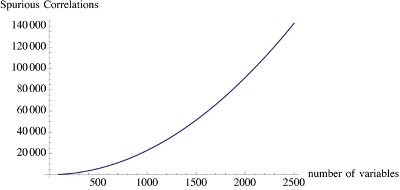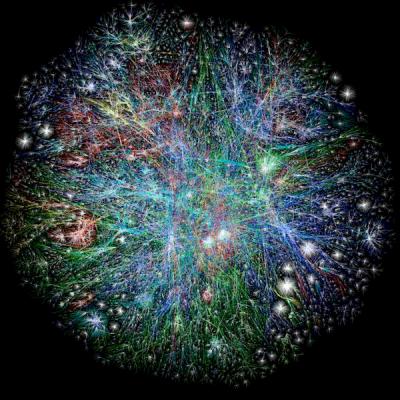It is a commonly held belief that to create innovation, and hence economic growth and competitiveness, governments and companies should invest in R&D. R&D expenditure is an important indicator used at political level to evaluate the competitiveness of economies.

However, there is plenty of substantial evidence, at least anecdotal, that the most impacting and most fundamental inventions were rarely created by government or centralized spending. For example, computers created in a garage; or powered flight invented by self-taught bicycle shop owners. Sometimes R&D spending creates something unexpected, not part of the original program.
The competition between the Wright Brothers and Samuel Langley, a well established academic with generous funding from government, is possibly the best example.

It went to the point where the US government denied the Wright brothers recognition for forty years, so upset were they that they had succeeded and not the program the government had funded!
Some details on that story can be found here, here. On this link there are some interesting thoughts about the effect of government and bureaucratic funding, with reflections around this story.
(Centrally planned) government or corporate funding might not be the most effective way to foster innovation. Letting an ecosystem of innovators create, destroy, fail and finally evolve into suitable innovations is certainly a much better solution. But central planning and bureaucratic management is unable to support or control such an arrangement.
The issue is more about creating a social context where failure needs to be accepted as part of the search for innovation, and where innovation needs to remain nested in action. It is not certain that the huge push of China in R&D and academic research will be effective if there is no possibility to experiment and to fail in Chinese society.
How can we release the inventive potential in a society better than spreading centrally controlled funds?










